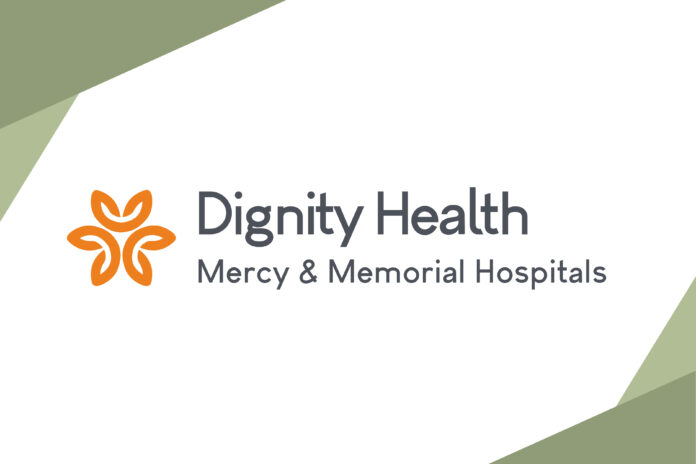Religious doctrine dictates care for patients, what is taught to medical students and what care is allowed to be performed by UC doctors
Dignity Health, a Catholic hospital chain and the largest hospital provider in California, has agreements with five out of six UC medical centers. Contracts between the UC and Dignity Health explicitly restrict UC students and instructors from providing care that conflicts with religious doctrine issued by the United States Conference of Catholic Bishops (USCCB) including reproductive and gender affirming care.
The UC Office of the President (UCOP) claims that the university’s “goal in establishing relationships with other health care organizations is to extend the reach of the University’s high-quality care,” as well as “ensure that UC is training the health care workforce to meet the needs of the people of California”
Dignity Health, as an organization affiliated with the Catholic church, must uphold the doctrine issued by the USCCB. This doctrine includes the denial of the existance of transgender people and strict witholding of reproductive health care including contraception, sterilization, abortion and treatment for miscarriage and ectopic pregnancy.
The partnership between the UC and Dignity Health goes directly against the UC’s stated goals in many ways, according to Phyllida Burlingame, the reproductive justice & gender equity director for the ACLU of Northern California
“UC as a public university should not be engaging in activities that that constrain providers based on religion,” Burlingame said. “It undermines UC’s commitment to evidence based medicine and it stands in stark opposition to UC’s professed values of equity and inclusion.”
According to a study done by UCLA Law, 60% of transgender people who have been denied health care based on their gender identity have attempted suicide. Nationally, only 4.6% of the population have reported at least one suicide attempt.
Evan Minton, a transgender man scheduled for a hysterectomy at a Dignity Health hospital in 2016, was denied the procedure solely on the basis of his gender identity.
“You’re not expanding healthcare when you’re partnering with an entity that restricts it,” Minton said.
Minton, an alumnus of UC Riverside, said that had he known about the UC’s partnerships with Dignity, he may have reevaluated his choice to attend a UC.
“I think that if I knew what the UC was doing then I would really be hesitant about wanting to be a student there, because [I would wonder] what is your commitment to LGBTQ+ students?” Minton said.
Furthermore, Burlingame argued that “If UC really wants to ensure better quality care for underserved patients, where those patients really are is in the public hospitals […however], these are not the institutions that UC is partnering with.”
Providing comprehensive care that aligns with the UC’s values should be the UC’s goal, according to Burlingame.
“UC seems to be placing a priority on market growth over its commitment to providing quality comprehensive care to its patients,” Burlingame said. “Expanding is fine and good as long as it’s done so with UC values. Unfortunately, that’s not what’s happening here.”
UCOP is trying to address concerns with the current agreements between UC Health Centers and Dignity by pursuing amendments to “certain existing contracts to revise language that may be inconsistent with UC values and expectations.” UCOP reports having several dozen agreements in the process of being updated.
Furthermore, guidelines are in place in order to protect the freedom of UC employees and students working at faith-based facilities. Finally, UCOP has created a committee — the Working Group on Comprehensive Access (WGCA) — to “evaluate current practices and provide recommendations to ensure UC values are upheld in affiliations with other health care organizations.”
Current UC Davis medical student and Co-President for the UC Davis chapter of Medical Students For Choice Caitlin Jade Esparza explained that students can only learn medicine from those who supervise them. This can be a problem when studying under a doctor who must follow USCCB policy.
“Even if the restriction isn’t as obviously applying to me [as a medical student], if it’s affecting the person [who is] supervising me, who I’m supposed to be learning from, who’s supposed to be my teacher, then I’m going to receive a lower quality medical education,” Esparza said.
Written by: Jessica Baggott — campus@theaggie.org











As a UC staff member whose work centers on trans care I’m absolutely heartbroken to hear this and deeply grateful for your reporting on this important topic.
Good article. I didn’t know that and it’s quite messed up.